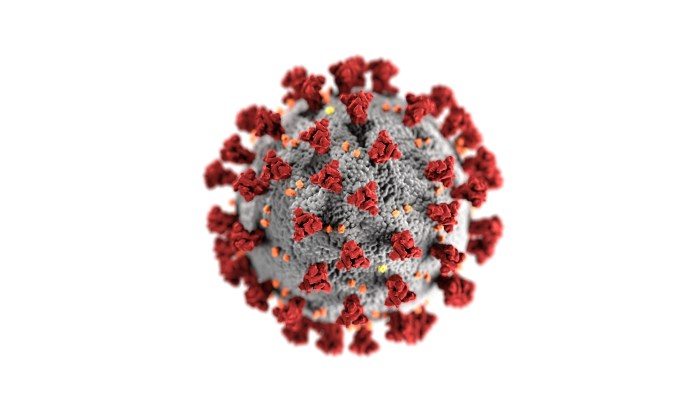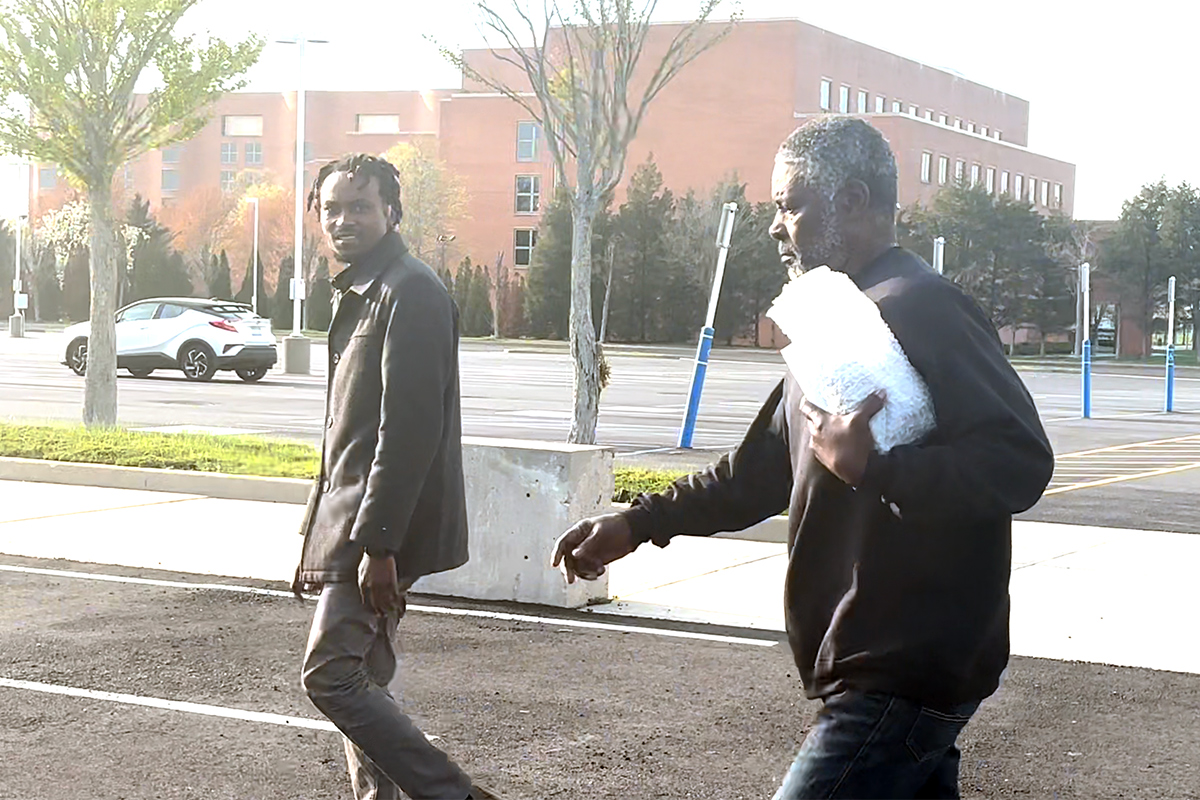Frontline healthcare workers at New York State-run hospitals will have to get vaccinated against Covid-19 by Labor Day and won’t have the option to get tested weekly instead, Gov. Andrew Cuomo announced during a Zoom webinar Wednesday, July 27.
“In New York and our state hospitals, all patient-facing healthcare workers must get vaccinated. There will be no testing option,” said Cuomo during a virtual session hosted by the nonprofit Association for a Better New York (ABNY). “That is a point of contact that could be a serious spreading event and we want to make sure that those healthcare workers are vaccinated — period.”
All roughly 130,000 state employees will also be required to get the shot before returning to in-person work by September 6, or submit to weekly testing, Cuomo said.
This vaccine-or-testing model echoes Mayor Bill de Blasio’s recent plans for New York City municipal employees set to roll out in different agencies over the coming weeks, as well as President Joe Biden’s requirement for federal employees set to be announced Thursday.
Employers can legally require their workers to get the COVID-19 vaccine before returning to the workplace, according to the US Department of Justice, and Cuomo said he will work with labor unions in the coming weeks.
“There will be pushback and I’m going to have more conversations with the union about it,” he said. “You have a public-facing person, who the public must by definition be exposed to, that person has an added responsibility of not transmitting the virus and I don’t have a problem as an employer to say it.”
The New York State Nurses Association, a union representing some 42,000 frontline nurses across the state, stopped short of endorsing Cuomo’s mandate, saying only through a spokesman that they agreed that vaccines are “needed,” while leaving open the window to negotiations.
“The current body of scientific knowledge as well as our vast experience on the frontlines of this pandemic clearly demonstrate that vaccination and proper airborne infection control measures are needed in the healthcare environment to keep healthcare workers and vaccinated as well as unvaccinated and immunocompromised patients safe,” said a NYSNA spokesman. “As union of nurses and healthcare professionals we take very seriously our duty to advocate, and if necessary bargain for, health and safety standards to protect all healthcare workers and the communities we serve.”
The governor also encouraged other municipalities in the state to implement the federal Centers for Disease Control and Prevention’s new guidance recommending even fully-vaccinated people wear masks in indoor public settings to stem the spread of the coronavirus’s highly-contagious delta variant.
Mayor de Blasio’s order from Monday, July 26, includes requiring Department of Education teachers to get the shots or submit to weekly testing by September 13, the first day of school.
Cuomo said that if the current spread continues to worsen, cities should take more “aggressive actions” so that schools don’t become super-spreaders in two months.
“If the numbers don’t get under control, September is right around the corner,” he said.
The delta variant has spurred a resurgence of the virus in the Empire State since late June, as almost 38% of eligible people have yet to get even one dose of the vaccines.
Cuomo has repeatedly touted an almost 75% vaccination rates, however that only reflects adults who got at least one dose. The figure for all eligible state residents who have been fully inoculated is just under 57%, according to CDC figures.
Parts of New York City have logged above-average infection rates and low vaccine uptake, particularly in the Bronx, Staten Island, and parts of Brooklyn.
The available vaccines, either the two dose Pfizer or Moderna options, or the one-and-done Johnson and Johnson — are highly effective in preventing serious illness or death from COVID-19, and only 0.15% of New Yorkers who got their shots have been infected by the delta strain, Cuomo previously said.
This story first appeared on amNY.com.
For more coronavirus coverage, visit longislandpress.com/coronavirus.
Sign up for Long Island Press’ email newsletters here. Sign up for home delivery of Long Island Press here. Sign up for discounts by becoming a Long Island Press community partner here.





























